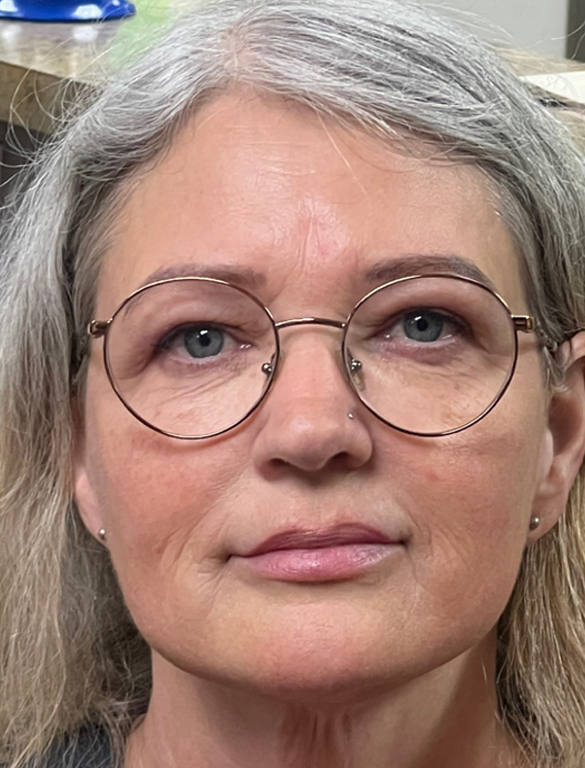
New research geared toward the treatment of advanced melanoma is drawing attention as a specific combination of therapy has been shown to be effective at treating patients with the condition. The UC Davis Department of Dermatology’s Emanual Maverakis has led the research project which has discovered that a combination of topical retinoid and imiquimod therapy shows promise as an effective treatment of metastases.
Maverakis states, “It’s unclear if the recently developed targeted melanoma therapies that have revolutionized management of patients with internal melanoma metastases are useful in patients with metastatic disease limited of the skin…our results demonstrate that intralesional therapy with a protein that causes immune cells to divide, given in combination with a topically applied immune activator, can be a highly effective treatment for these patients.”
U.S. physicians have not incorporated the combination treatment though the findings have been included in the U.S. National Comprehensive Cancer Network guidelines as a management option for melanoma metastases.
For ten percent of patients who are suffering from advanced melanoma, a development known as “cutaneous metastases” is an issue in which the cancer is in transit and headed toward the lymph nodes. When this is the case, doctors usually rely on surgical excision to remove the cancer though the possibility of recurrence is quite high.
The study focused on patients who have either a stage III of stage IV melanoma with a history of being treated with the IL-2 therapy and a combination of the topical retinoid and imiquimod. These patients were mostly elderly and nearly all of them had suffered recurrences of the disease post-surgery with many having failed non-surgical alternative procedures.
The patients in the study were monitored by the dermatologists for the study between 2006 and 2015 with the most recent data showing that all of the patients had a complete clinical response within a couple months of beginning the therapy. By the end of two years, 82% of the patients were still alive and 7 of them were alive without any melanoma recurrence by the end of the study. The other five patients had passed away due to unrelated causes.
The findings of the study have recently been published in the Journal of the American Academy of Dermatology, though it should be noted that the study was only conducted on 11 patients with no experiments conducted to see how the therapeutic treatment would affect the systemic immune response.
The best method for preventing the spread of deadly cancers, such as melanoma, remains early detection. Patients should regularly check themselves and their skin and make appointments with their dermatologist to monitor any potential or developing problem areas.








